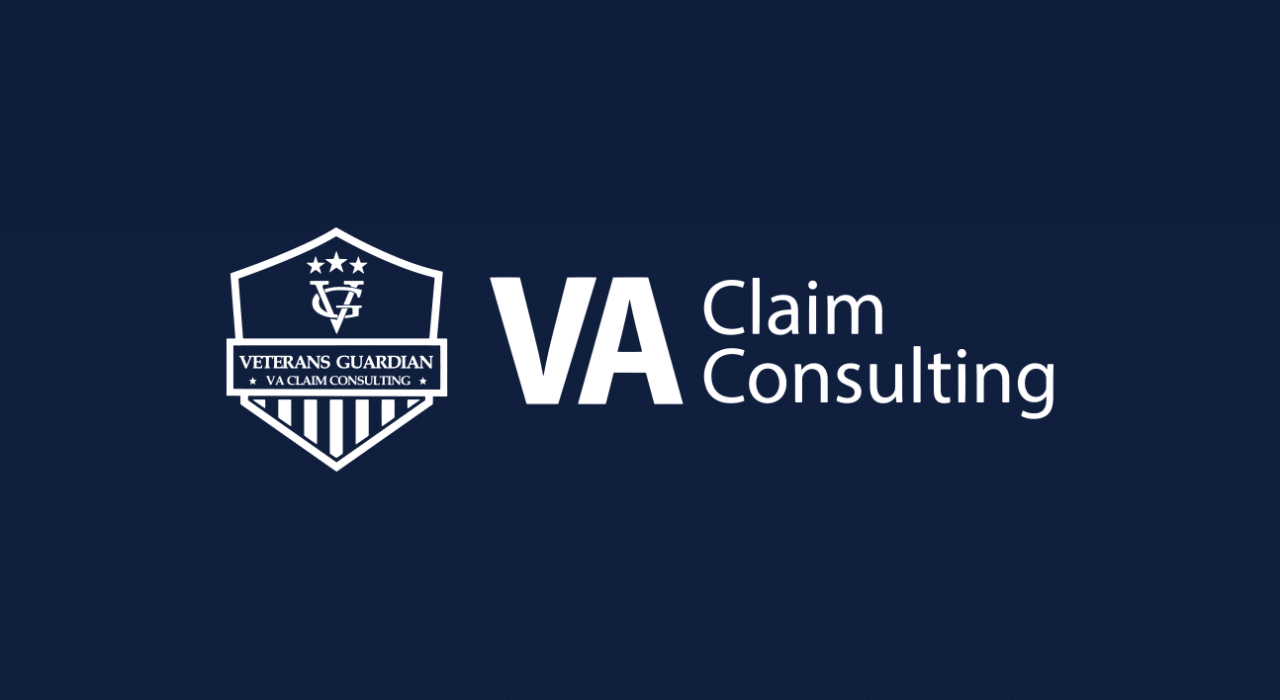Mental Health Awareness for Veterans: Resources and Support
Mental Health Awareness for Veterans: Resources and Support
Veteran mental health is a complex and critical issue that affects not only those who have served in the military but also their families and loved ones. The transition from military to civilian life can bring about a host of mental health challenges, including Post-Traumatic Stress Disorder (PTSD), depression, anxiety, and substance use disorders. This guide aims to provide veterans and their families with an understanding of these mental health issues, signs to watch for, and resources for support and treatment.
Common Mental Health Challenges Among Veterans
Post-Traumatic Stress Disorder (PTSD)
PTSD is perhaps the most widely recognized mental health condition associated with military service, particularly for those who have been in combat zones. Symptoms can include flashbacks, severe anxiety, uncontrollable thoughts about the traumatic event, and emotional numbness.
Resource: National Center for PTSD (www.ptsd.va.gov) offers tools, resources, and treatment options for PTSD.
Depression
Depression in veterans can manifest as persistent sadness, loss of interest in activities, feelings of hopelessness, and in severe cases, thoughts of suicide. It’s essential for veterans experiencing these symptoms to seek help.
Resource: VA Mental Health Services (www.mentalhealth.va.gov) provides access to quality mental health care, including services for depression.
Anxiety Disorders
Anxiety disorders, including Generalized Anxiety Disorder (GAD), panic disorder, and social anxiety disorder, can significantly impact a veteran’s life. Symptoms may include persistent worry, nervousness, and physical symptoms like increased heart rate.
Resource: Anxiety and Depression Association of America (www.adaa.org) offers information on anxiety disorders and treatment options.
Substance Use Disorders
Substance use disorders are more common among veterans than in the general population, often used as a coping mechanism for other mental health issues. Recognizing the signs of substance abuse is a crucial step towards recovery.
Resource: Substance Abuse and Mental Health Services Administration (SAMHSA) (www.samhsa.gov) provides a National Helpline (1-800-662-HELP) for individuals facing substance use disorders.
The Impact of Military Service on Mental Health
The unique experiences of military service, including exposure to combat, separation from loved ones, and the stress of deployment, can contribute to mental health challenges for veterans. Understanding the connection between these experiences and mental health is vital in recognizing the need for support and treatment.
Recognizing the Signs
Early recognition of mental health issues is critical. Signs to watch for can include:
- Changes in mood or behavior
- Difficulty sleeping or concentrating
- Withdrawal from social activities
- Increased use of alcohol or drugs
- Expressions of hopelessness or thoughts of suicide
If you or someone you know is exhibiting these signs, it’s important to seek professional help.
Seeking Help: Resources for Veterans
Department of Veterans Affairs (VA)
Numerous resources are available to support the mental health of military families:
The VA offers comprehensive mental health services to veterans, including counseling, therapy, and medication management.
Website: www.va.gov
Military OneSource
Military OneSource provides free, confidential support and resources for active-duty, Guard, and Reserve service members and their families.
Website: www.militaryonesource.mil
Veterans Crisis Line
The Veterans Crisis Line offers free, confidential support 24/7 for all veterans and their families, even if they are not registered with the VA or enrolled in VA healthcare.
Call: 1-800-273-TALK (8255) and press 1
Text: 838255
Website: www.veteranscrisisline.net
Accessing VA Mental Health Services
Step 1: Enrollment in VA Health Care
The first step to accessing mental health services is enrolling in VA health care. If you’re not already enrolled, you can apply online, in person at your local VA medical center, or by mail.
Resource: VA Health Care Enrollment (www.va.gov/health-care/how-to-apply/) provides detailed instructions on how to apply for VA health care benefits.
Step 2: Scheduling an Appointment
Once enrolled, veterans can schedule an appointment at their local VA medical center or community-based outpatient clinic (CBOC). If you’re experiencing mental health issues, it’s important to communicate this when scheduling your appointment, as urgent mental health services are available.
Resource: Find Your Local VA (www.va.gov/find-locations/) helps locate your nearest VA facility.
Step 3: Evaluation and Treatment
At your first appointment, you’ll undergo an evaluation to assess your mental health needs. Following this, you and your healthcare provider will develop a treatment plan tailored to your specific requirements, which may include therapy, medication, or a combination of treatments.
Understanding Your Benefits
The VA offers a comprehensive suite of mental health services to eligible veterans, including
- Outpatient Mental Health Services: Counseling, psychotherapy, and treatment for substance use disorders.
- Inpatient Services: For veterans requiring more intensive treatment and support.
- Specialized Programs: Targeted programs for PTSD, depression, and other mental health conditions.
- Medication Management: Evaluation and prescription of medications to manage mental health conditions.
VA Mental Health Services (www.mentalhealth.va.gov) offers an overview of available mental health services and treatments.
Navigating the System
Navigating the VA mental health system can sometimes be challenging. Here are a few tips to help veterans advocate for themselves:
- Be Prepared: Before your appointment, write down any symptoms, concerns, and questions you have. This can help you communicate more effectively with your healthcare provider.
- Ask Questions: Don’t hesitate to ask questions about your diagnosis, treatment options, and any other concerns. It’s important that you fully understand your care plan.
- Seek Support: If you’re having difficulty navigating the system or accessing the services you need, consider reaching out to a VA patient advocate.
Resource: VA Patient Advocate (www.va.gov/health/patientadvocate/) can help you if you have concerns about your care or need assistance navigating VA services.
Conclusion
Understanding veteran mental health is the first step in addressing the unique challenges faced by those who have served in the military. By recognizing the signs of mental health issues and knowing where to find help, veterans and their families can begin the journey toward healing and recovery. It’s crucial to remember that seeking help is a sign of strength, and numerous resources are available to provide support, treatment, and hope.









